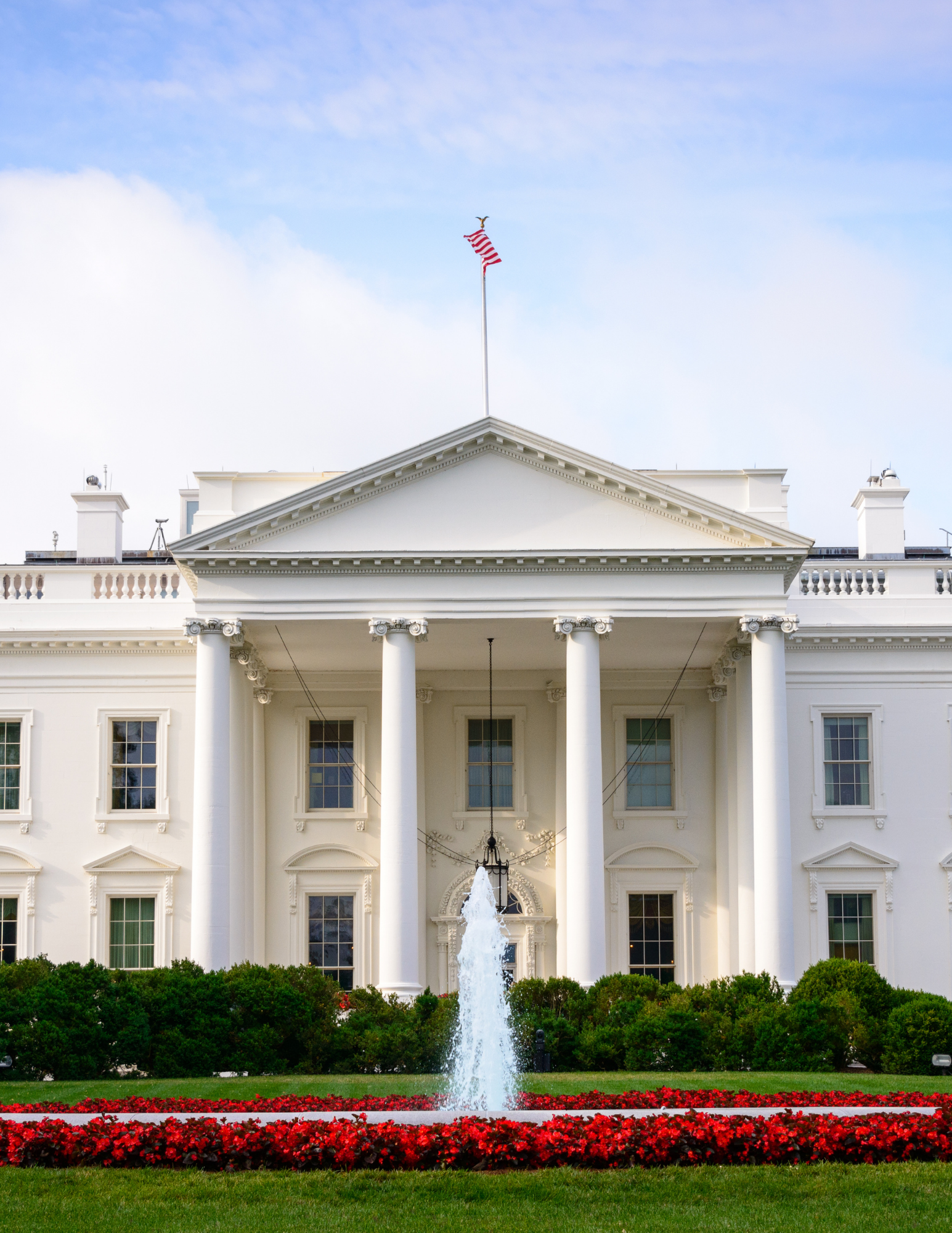Home / U.S. Climate Alliance Recommends Federal Executive Actions to Speed America’s Net-Zero Transition

WASHINGTON, D.C. – As governors from across the country convene in the nation’s capital this week, the U.S. Climate Alliance — a bipartisan coalition of governors representing approximately 60 percent of the U.S. economy and 55 percent of the U.S. population — today called on the Biden administration to move swiftly on more than 20 specific federal climate actions that will support states and accelerate America’s transition to a net-zero future.
“Continued prompt, effective deployment of federal executive authority is essential to put our nation on a path to meet our emissions reduction targets and achieve our shared climate goals,” said Alliance Executive Director Casey Katims. “These critical actions will improve public health, create more jobs, and save consumers money, while helping us tackle the climate crisis and build the clean energy economy of the future.”
The Alliance detailed its federal climate action recommendations in a letter sent today to President Biden ahead of a meeting at the White House tomorrow with governors from across the U.S. These actions, which the Alliance encourages the administration to take as quickly as possible over the next two years, extend to agencies and authorities throughout the federal government.
Together, these actions will cut emissions across sectors, empower climate-leading states, advance environmental justice, increase resilience, and lower energy costs. Several of the Alliance’s high-priority recommendations include:
Since President Biden took office, the Alliance has forged a robust state-federal partnership to advance solutions across government. This partnership has led to historic climate action over the past two years, including passage of the Inflation Reduction Act, restoration of states’ authority to set stringent clean car standards, the phase down of harmful hydrofluorocarbons, and much more.
The complete list of the Alliance’s federal climate action recommendations can be read here.
Launched in 2017 by the governors of Washington, New York, and California to help fill the void left by the U.S. federal government’s withdrawal from the Paris Agreement, the Alliance has grown to include 24 governors from across the U.S. representing approximately 60 percent of the U.S. economy and 55 percent of the U.S. population. Governors in the Alliance have pledged to collectively reduce net greenhouse gas emissions by at least 26-28 percent by 2025, 50-52 percent by 2030, and 61-66 percent by 2035, all below 2005 levels, and collectively achieve overall net-zero greenhouse gas emissions as soon as practicable, and no later than 2050.
The Alliance’s states and territories continue to advance innovative and impactful climate solutions to grow the economy, create jobs, and protect public health, and have a long record of action and results. In fact, the latest data shows that as of 2023, the Alliance has reduced its collective net greenhouse gas emissions by 24 percent below 2005 levels, while increasing collective GDP by 34 percent, and is on track to meet its near-term climate goal of reducing collective greenhouse gas emissions 26 percent below 2005 levels by 2025.
###